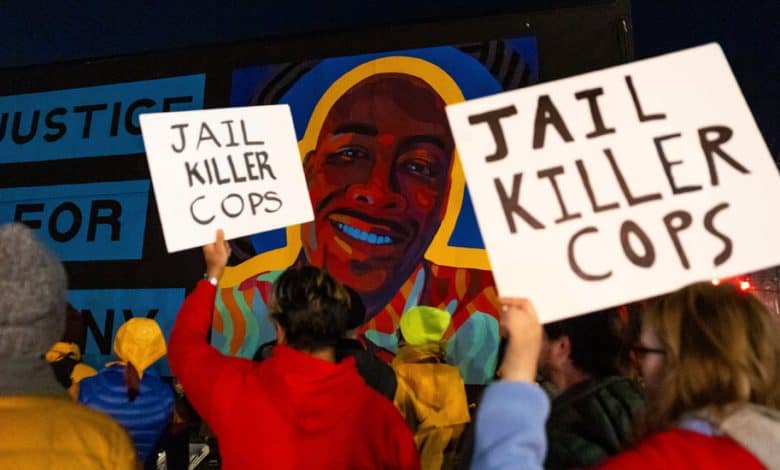Police Officers Are Charged With Crimes, but Are Juries Convicting?

A few days before Christmas, a jury in Washington cleared three Tacoma police officers of criminal charges in the death of Manuel “Manny” Ellis, a 33-year-old Black man who died in police custody in 2020 after pleading that he could not breathe.
The next day, on Dec. 22, a jury in Colorado convicted two paramedics of criminally negligent homicide in the death of Elijah McClain, a 23-year-old Black man who died in police custody in 2019 after officers subdued him and medics injected him with the powerful sedative ketamine.
In the three years since the murder of George Floyd, whose death in police custody ignited a national movement against police brutality, prosecutors have charged the police and emergency medical workers in a number of high-profile cases.
The result has been a mixed bag of verdicts: convictions, acquittals and in one case, a mistrial. Civil rights activists and legal experts say the different outcomes reflect a country still struggling with how to view cases of police use of lethal force, and shifting public sentiment on law enforcement and safety.
“Police accountability is still up for debate. Even with actualevidence, even with body cam footage, we’re still in a place where we cannot be certain that an officer’s conviction for wrongdoing will take place through our judicial system,” Charles Coleman Jr., a civil rights lawyer, former Brooklyn prosecutor and MSNBC legal analyst, said in an interview in October.
We are having trouble retrieving the article content.
Please enable JavaScript in your browser settings.
Thank you for your patience while we verify access. If you are in Reader mode please exit and log into your Times account, or subscribe for all of The Times.
Thank you for your patience while we verify access.
Already a subscriber? Log in.
Want all of The Times? Subscribe.